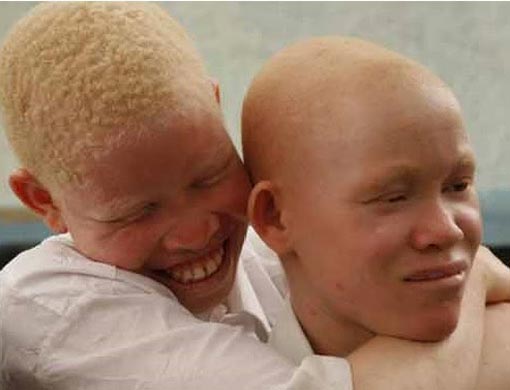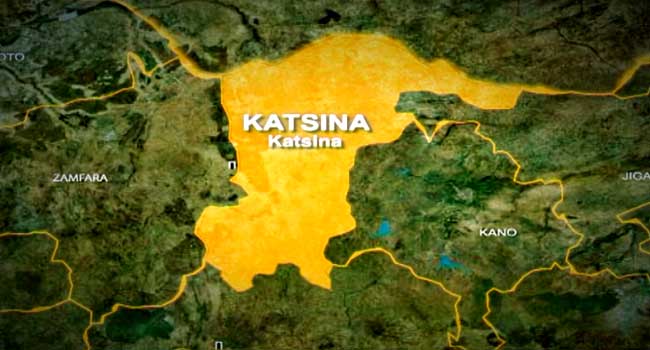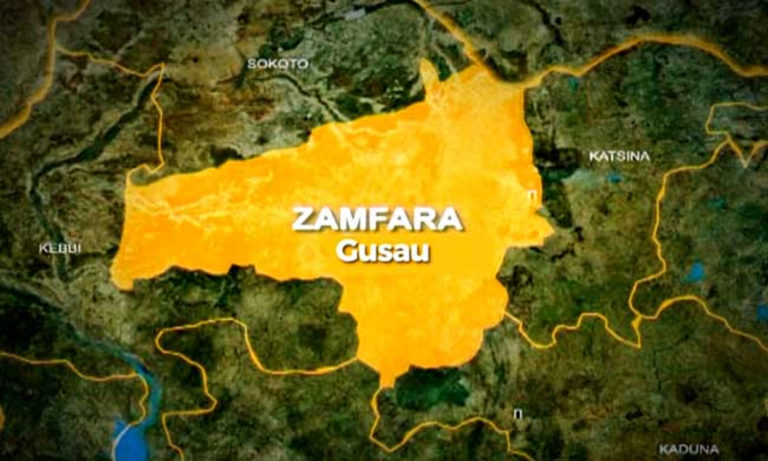UN Raises Concern Over Continued Albino Attacks


Ms Maria Torres, UN Resident Coordinator in Malawi, stated that the UN has remained concerned about continued attacks against persons with albinism this while welcoming the end of investigations into the killing of MacDonald Masambuka, 22, who went missing in February.
The top UN official urged the Government of Malawi to promptly prosecute those allegedly responsible for the death of the young man whose butchered body was found earlier this year.
Masambuka’s body was discovered in April and media reported that his legs and arms had been removed.
Twelve people – among them, a police officer and a priest , have entered pleas on a series of charges that include murder and causing harm to persons with disabilities.
“We call on the Government to promptly prosecute the alleged perpetrators in this landmark case,” Torres said.
People with the condition are born with lighter than normal skin, hair and eye colour, making them sensitive to the sun and bright light.
In some communities, they are attacked, or even killed for their body parts, which are erroneously believed to possess magical powers.
No fewer than 10 people with albinism remain missing in Malawi, according to Torres.
She said the most recent case concerns Joseph Kashingwe, a 12-year-old boy, who disappeared in July after attending independence celebrations.
Another boy, aged five, narrowly escaped abduction just in August.
The UN official called on the national authorities to intensify efforts to resolve the outstanding cases and to step up protection and support to victims and their families.
She also urged them to prioritise investigations and prosecutions of crimes against persons with albinism, in line with commitments made at a meeting in June, convened by the UN.
The global community has been working to fight stigma, discrimination and violence against persons with albinism, with June 13 celebrated each year as International Albinism Awareness Day.









